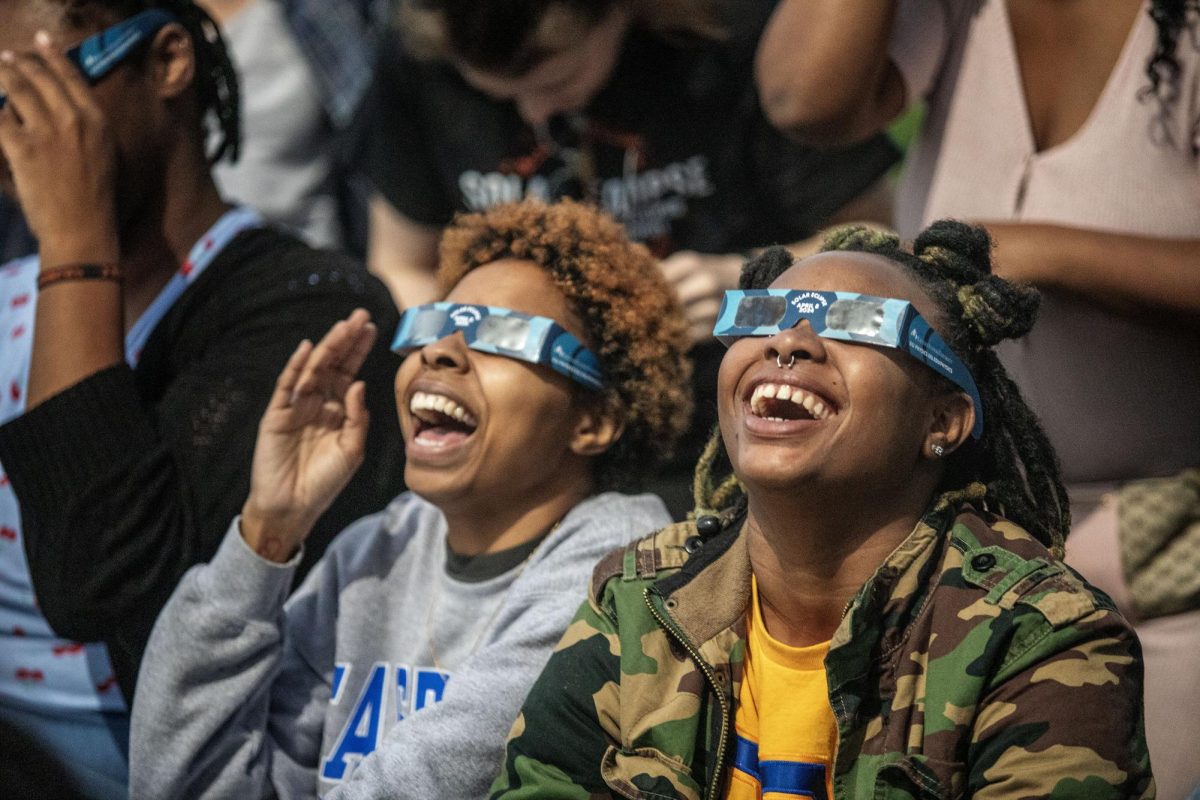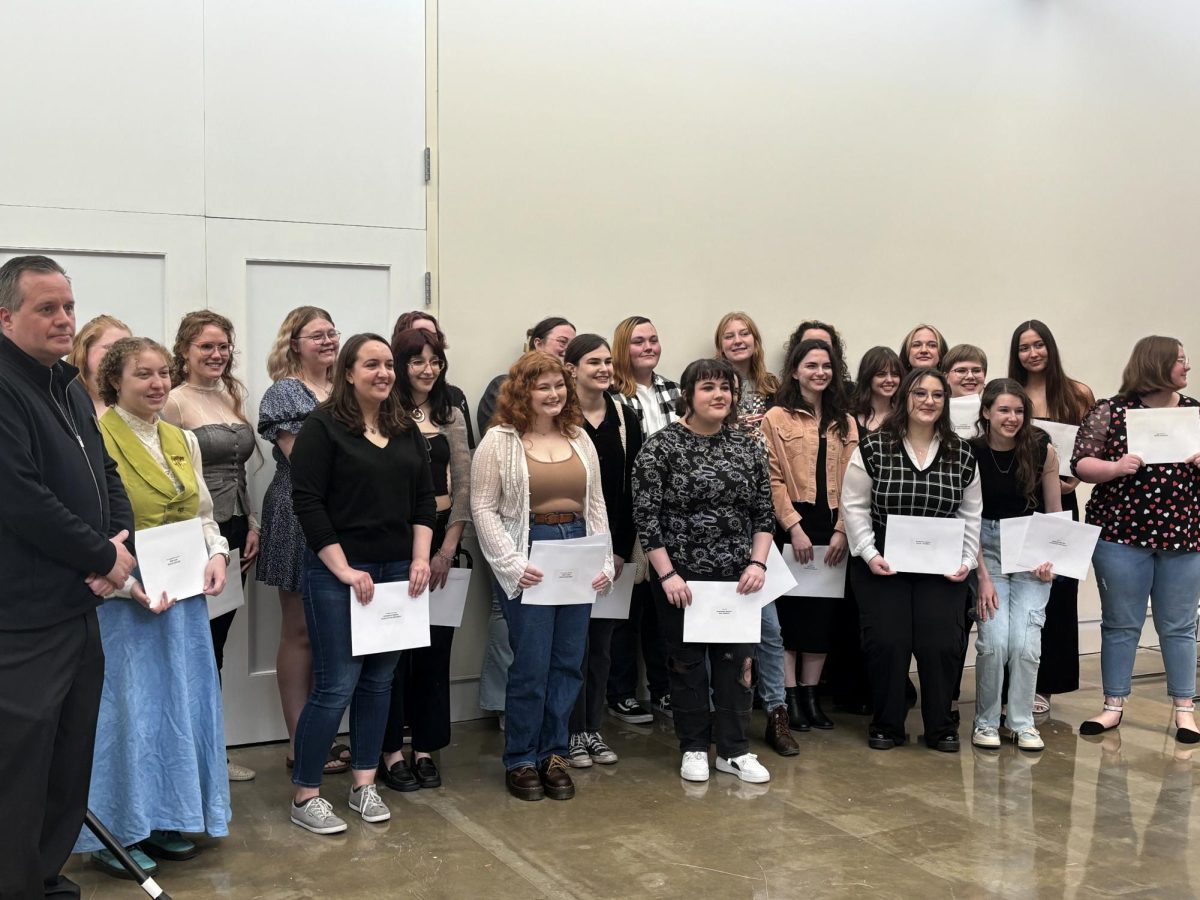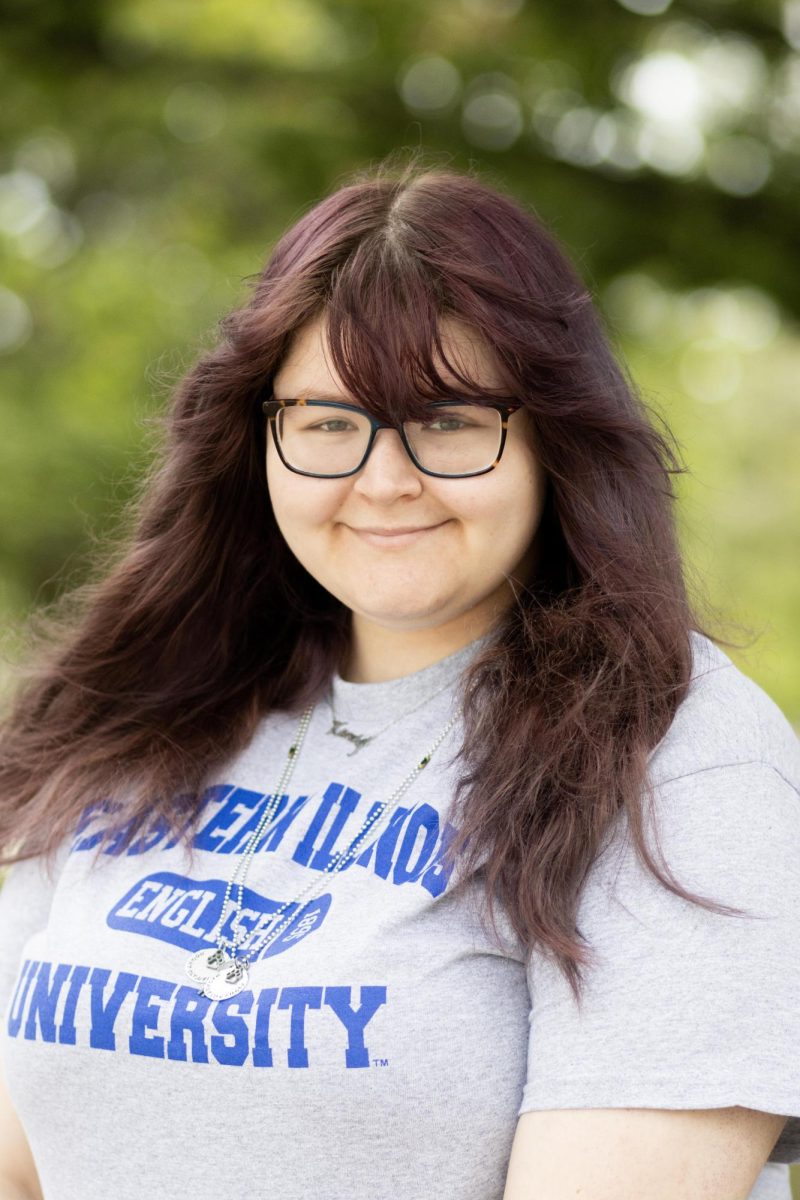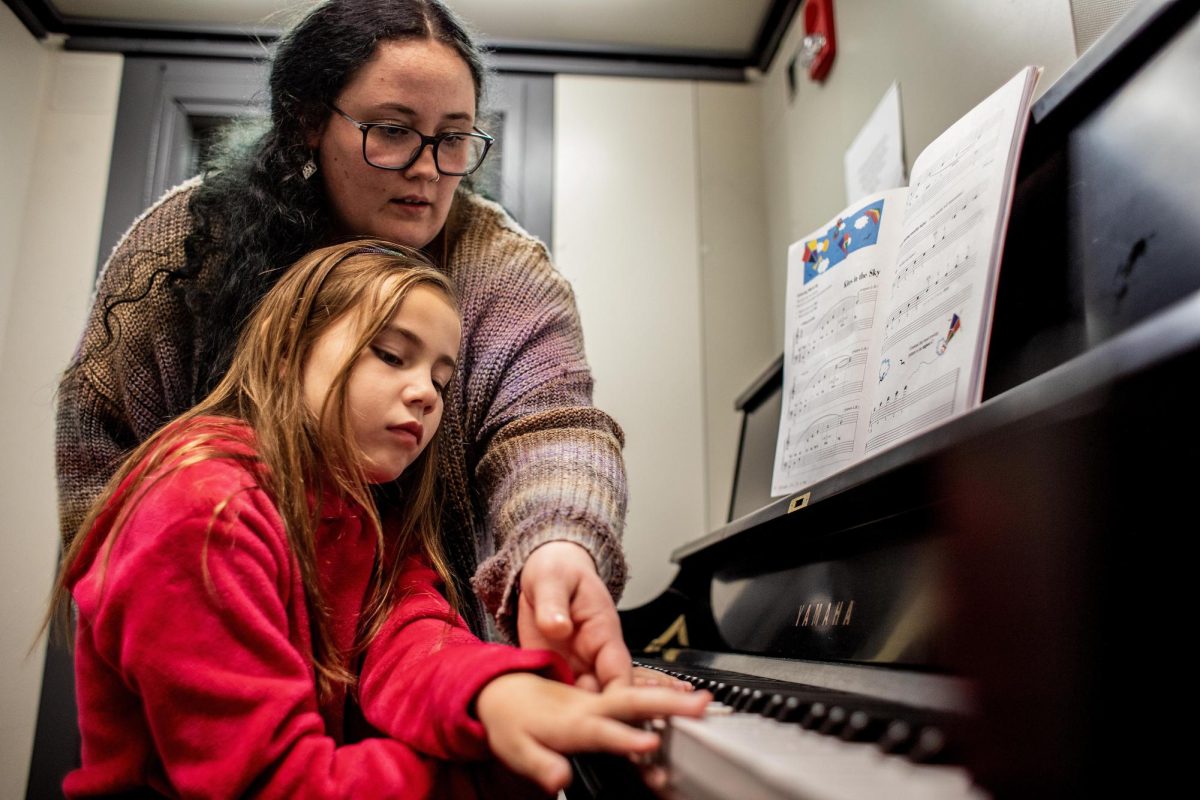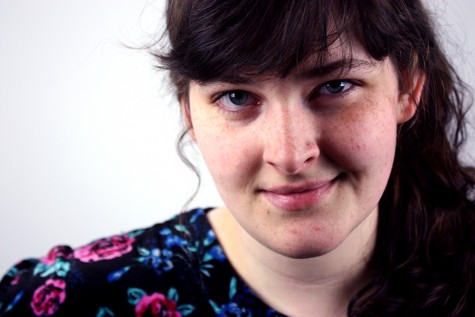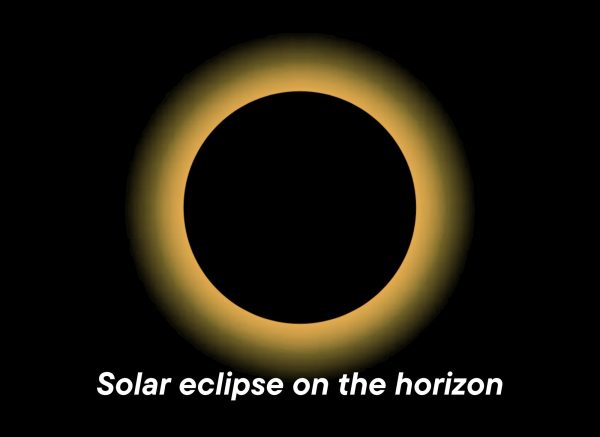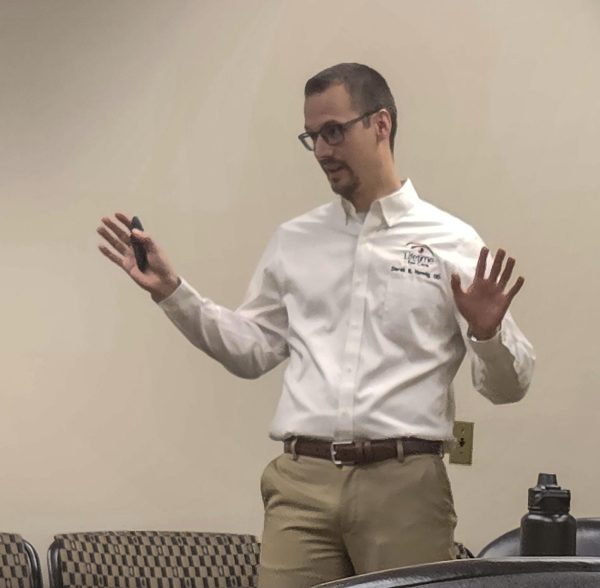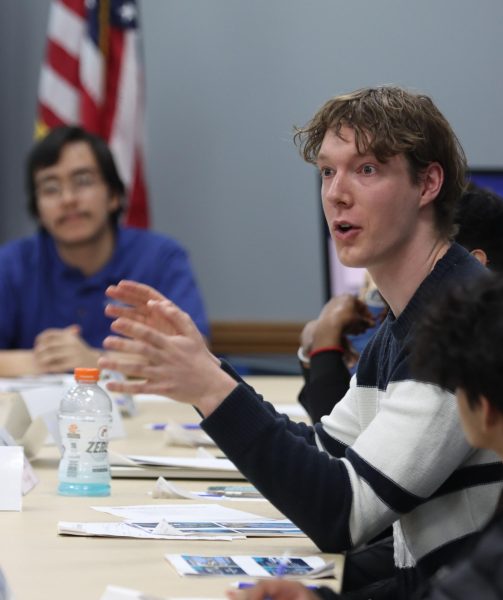Author to explain animal grieving process
April 23, 2015
Barbara King, author of the book “How Animals Grieve,” will be presenting her work in a lecture of the same title at 5 p.m. Thursday in the Lecture Hall of the Doudna Fine Arts Center.
The lecture is free for everyone to attend.
King said she was originally scheduled to give her lecture March 26 but was unable to because of an illness.
She said she will be talking about how animals feel sadness following the deaths of others in their species and the different ways in which they express grief.
“I usually study monkeys and great apes, but when I was studying how elephants behave, I noticed that they do grieve when a friend of theirs has died,” she said. “They have their own version of what we would call a funeral.”
King said she also studied cats and birds, and through her studies she found these animals have a deeper emotional feeling than most people thought.
She said after she had written this and other books related to this subject, she has brought together her love of animals and her love of anthropology in writing books about what it means to be human.
King said she is currently the chancellor and a professor of anthropology at the College of William and Mary in Virginia.
Charles Wharram, director of the center for humanities, said he is excited for the lecture to finally be presented on campus.
“We were sad to hear that she had to cancel her original date, but once we heard the date of when she was coming back we were thrilled,” he said. “I think this will benefit Eastern students and even faculty because they will get to learn about animals and how they express their emotions.”
Jessica Shockley, a junior philosophy major, said this seems like an interesting topic because she never thought of animals having feeling close to humans.
“It can widen people’s horizons on how they see animals and how they treat them,” she said. “People have the tendency to think animals and humans are separate and do not feel the same ways, but King’s research shows that is not the case.”
Stephanie White can be reached at 581-2812 or at [email protected]




